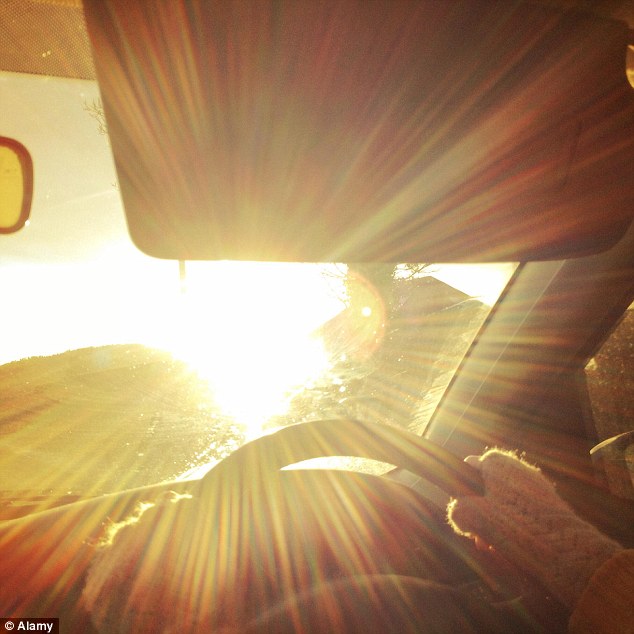Your eyes in winter

Winter and your eyes
Winter can be harsh on our eyes. From the damaging reflection of sun on snow and ice to the discomfort of dry eye, our most precious sense is often under attack during the winter season.
Protection against UV rays
Snow and ice is reflective, meaning the sun’s ultraviolet (UV) rays can reach your eyes from below as well as above you. If snow has fallen in your area, or if you’re off on a skiing holiday, you should be considering wearing protective glasses to reduce the damage that can be caused by the sun’s reflection. UV exposure is cumulative so although you may not feel any immediate effect you could be putting yourself at risk of long term damage to the retina and lens of the eye, increasing the risk of developing conditions such as cataracts and possibly AMD (Age-related Macular Degeneration) over time.
The glare of a low-lying sun on icy roads can also cause difficulty for drivers, even for those with good vision, so it’s really important to make sure your windscreen is clean, both inside and out. It’s useful to have a pair of sunglasses in the car to help with this. If you wear prescription glasses, sunglasses can be made to your prescription, as well as in bifocals or varifocals.
Dry eye
Dry eyes can cause itchiness or scratchiness, as well as blurred vision. The condition is not usually serious; however, there are some rare cases where severe untreated dry eye has led to scarring of the eye’s surface. Dry eye may be caused because your eyes do not produce enough tears, or because the tears that you do produce evaporate too quickly or do not spread evenly across the front of your eye. The treatment depends upon the cause, so it is important to speak to your optometrist if your eyes feel dry. If your eyes are dry because they do not produce enough tears you may find eye drops, gels or ointments that contain ‘tear substitutes’, helpful. These are designed to lubricate your eyes and are available from many optometrists or from a pharmacy without prescription.
There are some simple steps you can take to minimise the discomfort caused by dry eyes:
- Lower the temperature in rooms – high temperatures make tears evaporate more quickly
- Blink more – many people find that their dry eye gets worse during tasks such as reading or computer work because we unconsciously blink less when we are doing anything that needs lots of visual attention
- Use a humidifier at work and at home – this will help moisten the surrounding air. If you cannot afford a humidifier, lightly spraying your curtains with water several times a day can help keep the air moist. Opening windows for a few minutes on cold days will also help to keep the air moist.
Watery eyes
In cold and windy conditions many people complain of their eyes watering more than normal. Typically the symptoms of watery eye are excessive tearing, which is made worse by being outdoors. Wearing spectacles will provide protection against the wind, even if you don’t usually wear them outdoors. In some cases excessive watering of the eyes may be a sign of a blockage of tear ducts or infection of the eye. If you are concerned about the health of your eyes then visit your optometrist who will be able to advise you on the best course of action.
Tired eyes / eye fatigue
People often find doing tasks such as reading, writing and sewing more difficult in the winter because there is less natural light available. There is little evidence to suggest that this causes our eyes any long term damage however if our eyes are having to work harder to focus then this may lead to eyestrain. It is normal to find that it is easier to see things when the light is good, so we would recommend having an angle-poise lamp or similar close to you if you are having problems seeing things close up. Your optometrist will be able to advise you as to what additional lighting they would recommend.






